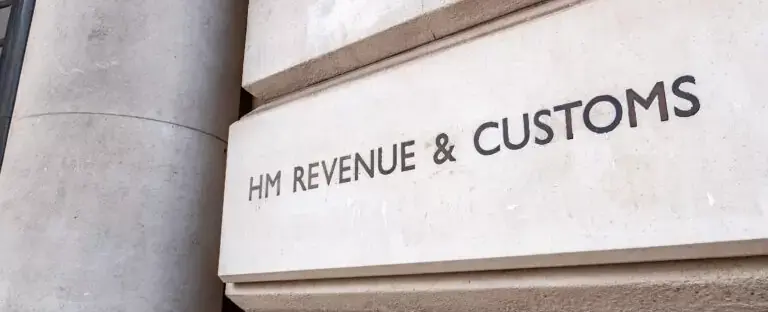![HM Revenue & Customs (HMRC) [Complete 2025 Guide to UK Taxes, Benefits, and Refunds]](/static/1a2a16902107024713b0adc50ad58b87/144fe/im.jpg)

Understanding HMRC Letters About State Pension and Tax in the UK
Receiving a letter from HMRC (His Majesty’s Revenue and Customs) about your State Pension and tax can be confusing, especially if you were not expecting to pay any tax. Many people assume that once they retire and start receiving their State Pension, taxation becomes simpler or no longer applies. However, the reality is that the State Pension is taxable income, and HMRC adjusts tax codes accordingly. This article explains why you might receive an HMRC letter about your State Pension, what it means, and what actions you may need to take.
Why Does HMRC Send Letters About State Pension Tax?
The UK State Pension is taxable, but it is not taxed at source like wages or private pensions. This means that even though it counts towards your total taxable income, HMRC does not automatically deduct tax from it. Instead, they adjust your tax code so that any tax owed is collected from other sources of taxable income, such as:
- A private or workplace pension
- A salary (if you are still working part-time in retirement)
- Other taxable benefits or investments
If your total income from all sources exceeds the Personal Allowance (£12,570 for most people in the 2024/25 tax year), you may have to pay tax. HMRC sends letters to inform you of any changes in your tax code or to notify you of tax owed.
Common HMRC Letters Related to State Pension Taxation
Tax Code Notice – If HMRC adjusts your tax code, they will send a letter explaining the new code and how it affects your taxable income.
P800 Tax Calculation Letter – If you have paid too much or too little tax, HMRC will send a P800 to inform you of a refund or an outstanding balance.
Simple Assessment Letter – If you owe tax that cannot be collected through a tax code adjustment, HMRC may issue a Simple Assessment asking for direct payment.
Why You Might Owe Tax on Your State Pension
- Some retirees are surprised when they receive a tax bill related to their State Pension. Here’s why this happens:
- The State Pension pushes your income above the Personal Allowance – If your total annual income exceeds £12,570, you will owe tax.
- Your tax code was incorrect – If HMRC’s estimate of your income was too low, they may not have collected enough tax.
- Multiple income sources – If you receive payments from private pensions, rental income, or part-time work, your tax liability increases.
What You Should Do If You Receive an HMRC Letter
- Check Your Tax Code – Use HMRC’s online service or call them to verify that your tax code is correct.
- Compare HMRC’s Estimate With Your Actual Income – Ensure their figures match your total earnings.
- Pay Any Tax Owed – If you owe tax, HMRC may adjust your tax code to collect it or ask for a direct payment.
- Claim a Refund If Overcharged – If HMRC has deducted too much, you can request a refund online.
If you need help
If you are unsure about your HMRC letter, contact their helpline at 0300 200 3300, check your personal tax account, or seek advice from a tax professional. Understanding how your State Pension is taxed can help you avoid unexpected bills and manage your finances effectively.
Tags
Share
Related Posts
![HM Revenue & Customs (HMRC) [Complete 2025 Guide to UK Taxes, Benefits, and Refunds]](/static/1a2a16902107024713b0adc50ad58b87/144fe/im.jpg)
![HMRC and the UK State Pension Tax [Everything You Need to Know]](/static/2da552f3d27fbf43d2175b17c15d239d/144fe/hmrc.jpg)
![CRDB Bank's 2025 [How Tanzania's Banking Giant Just Posted Its Best Year Ever]](/static/8b190cb115c5ea8a0647de4fe78204a1/144fe/im.jpg)
Quick Links


![HMRC Letters and the State Pension Tax Confusion [What You Need to Know]](/static/5065f0d79fe1a053c2c9d68d0f796469/19188/image.png)
![The Honest DePIN Income Calculator [What You'll Actually Earn]](/static/8e74f1df36da1f6203d6140e9e408ad1/144fe/im.jpg)
![Inflation Refund Checks in the USA (2026) [Complete Updated Guide to State Payments, Eligibility & Facts]](/static/f7b70fad15fd78c006063310d918b623/6b99c/im.webp)